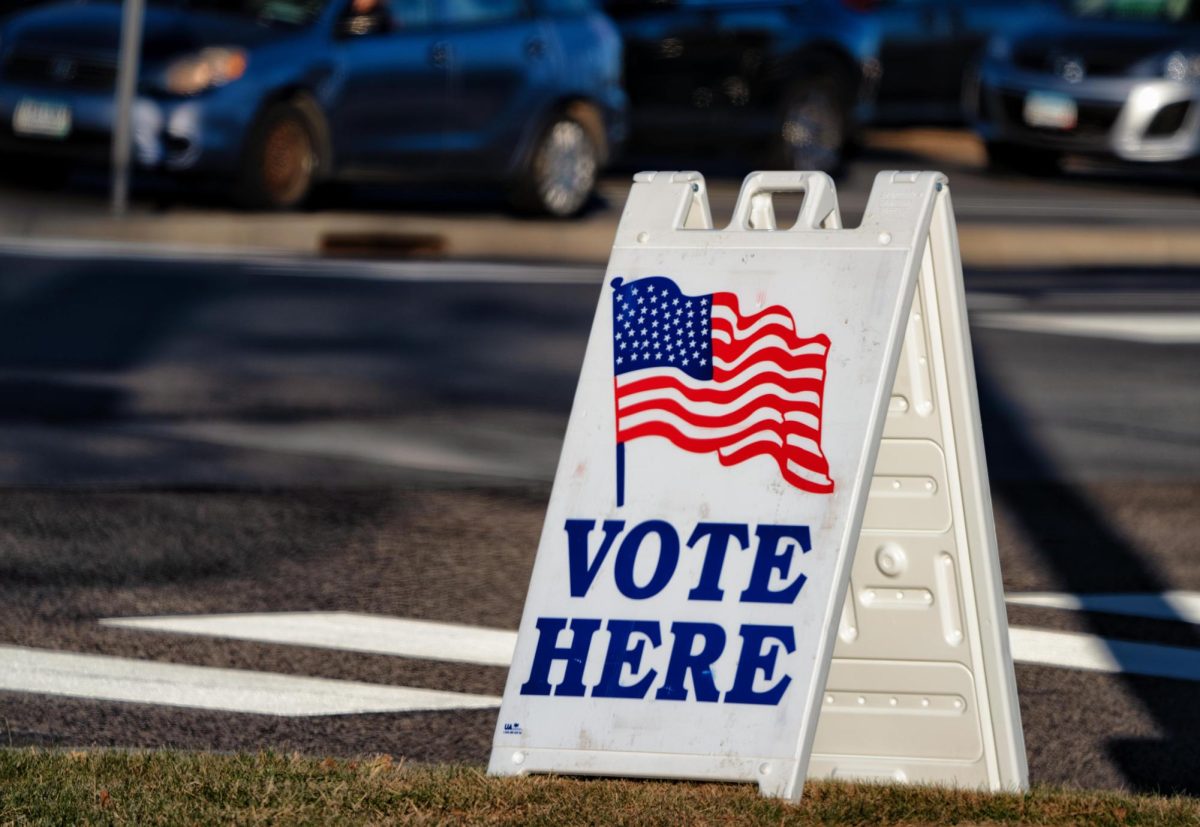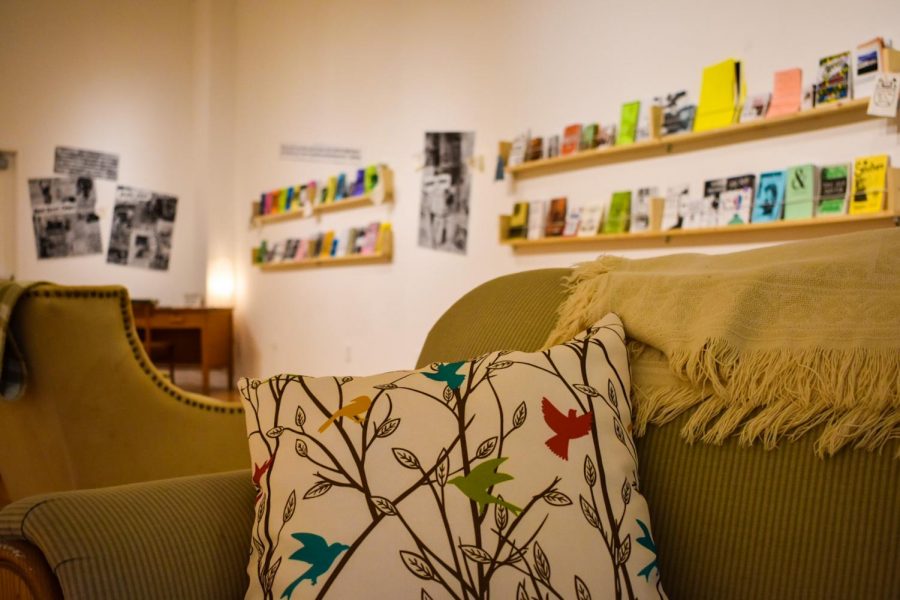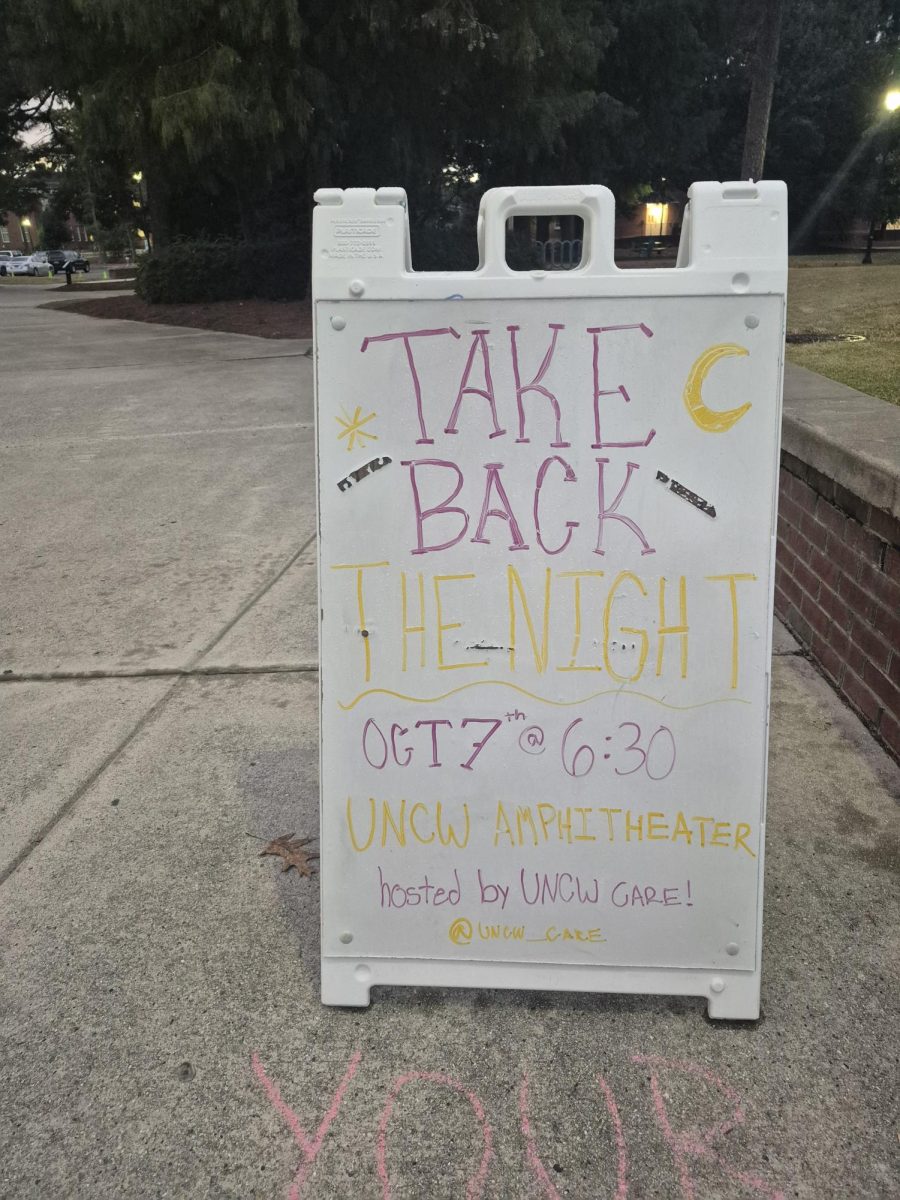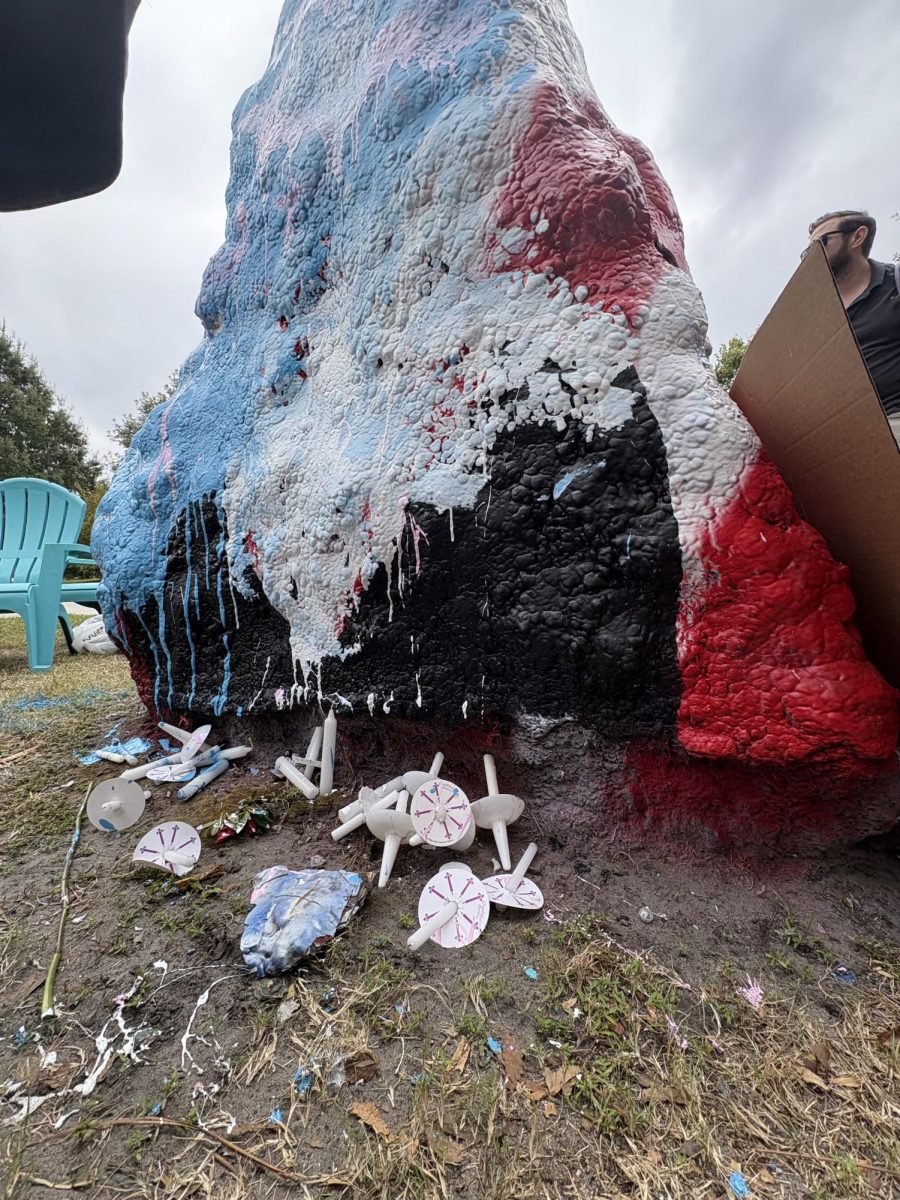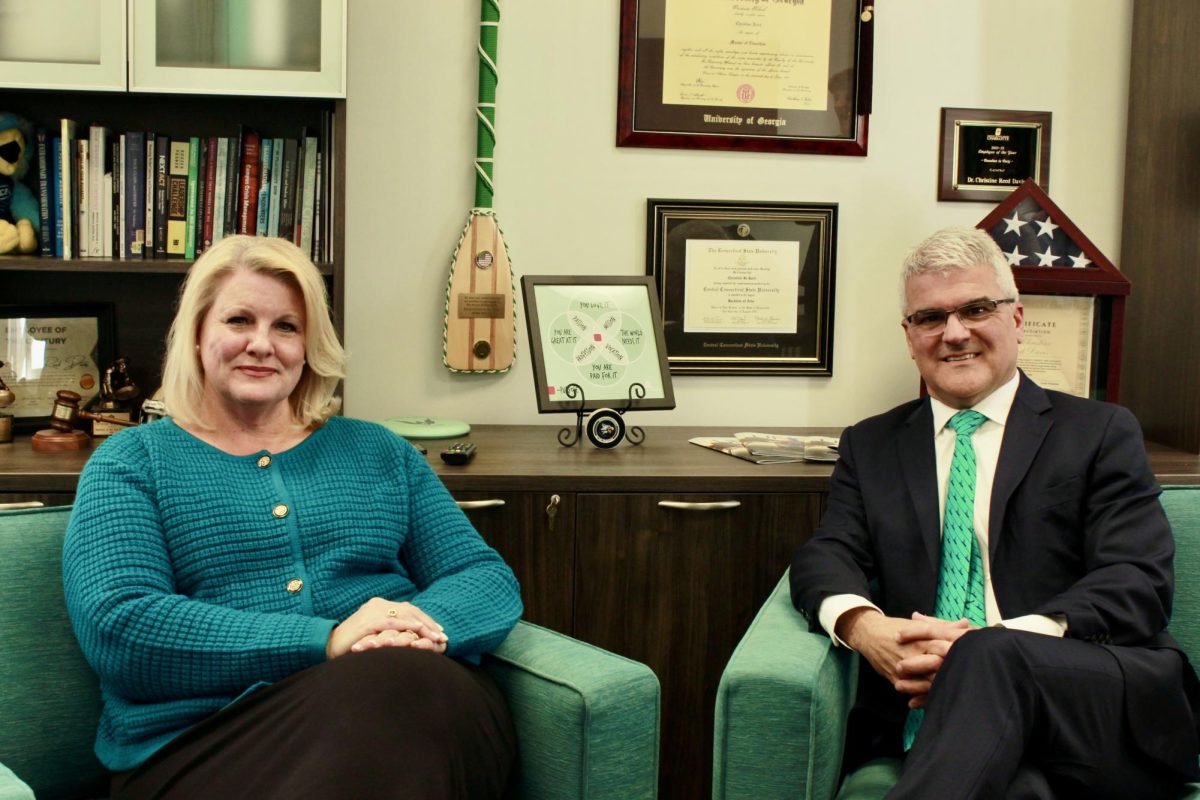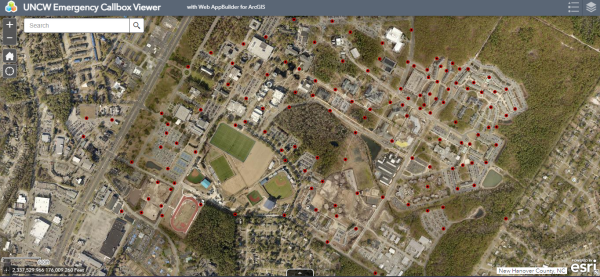
In Oct. 2023, Callisto, a nonprofit organization, launched an app called Callisto’s Vault to be available for all college students in the United States and its territories. The app is free for anyone with an active .edu email. Callisto assists college students in reporting incidents of sexual assault and allows users to connect with other victims. The aim is to protect the user’s personal information by enabling students to submit allegations without identifying themselves and choosing what information is stored in the app.
Callisto Vault is an encrypted platform that enables victims of sexual assault to safely record sexual violence, even if they decide not to report it. Encrypted technology uses cryptography – coding information so that the intended person is the only recipient and prevents unauthorized parties from accessing information – if they do, the party would not be able to read the information. By creating an encrypted account, Callisto does not know the identity of the users and will not report any stored information without the individual’s consent, including to the administration at their university.
There is a period on campuses, dubbed “The Red Zone,” the period between the first day of classes and Thanksgiving break where around 50% of campus assaults are likely to occur. According to the Rape, Abuse & Incest National Network (RAINN), among undergraduate students, 26.4% of females and 6.8% of males experience rape or sexual assault through physical force, violence or incapacitation.
According to RAINN, 310 out of every 1,000 sexual assaults are reported to police, meaning more than two out of three go unreported; one of the top reasons for not reporting is fear of retaliation and to protect the victim from further abuse by the perpetrator.
Sarayfah Bolling, Director of Programs and Strategic Engagement at Callisto, said the reason for creating Callisto’s Vault stemmed from the statistic that 90% of college assaults are initiated by serial offenders, who on average assault up to six times prior to graduation. The app also offers victims the security and privacy to report their assault. Using the incident log within the app allows users to document the incident as they remember it. This information can be valuable if the user decides to take legal action, as it allows their legal representatives to access relevant details. This step ensures that victims do not have to recount their assault experiences during legal proceedings.
Callisto’s Vault also offers a matching system that allows users to connect with other survivors who have been assaulted by the same perpetrator– including on other campuses. According to Bolling, 15% of matches have been cross-campus matches. To take part in the matching, both users must agree to connect. Before matching, there is a three-step process: first, the individual can select the state where the incident occurred; second is to provide any unique identifiers such as social media and add how the person wants to be contacted if there is a match. If a match is confirmed, the third step is for both parties to be granted free legal counseling.
“That [the matching system] can be helpful by providing validation that their experience was a sexual assault, which can be helpful for the survivor’s personal validation,” said Bolling. “And that they’re not the only one person who was harmed by the perpetrator and that it’s a pattern of behavior for that person…matching can also help with their justice outcomes if they [the victim] do decide to pursue something formally.”
While filling out the report, users can select from a list of referral options, including therapeutic, legal, Title IX and medical services provided by Callisto. From there, individuals have the choice to report the incident to either their campus or local law enforcement.
Bolling said individuals have complete control over the information they wish to share and how they choose to share the incident. In the absence of a formal report, the incident log will be time-stamped and stored for potential future use. If the user decides to seek legal advice, the information is protected by attorney-client privilege and will not be shared with the Callisto administration. If the user decides to stop using the application, they can choose to edit or delete the stored information at their discretion.
One piece of advice from Bolling is “as they [the reader] read this article, whoever comes to mind for them, whether a friend, family member, a peer, someone they have interacted with who knows someone is a survivor, let them know about the work Callisto does.”
Additional resources at UNCW include Title IX and the Collaboration for Assault Response and Education (CARE) office. The director of the CARE office, Jen August, believes Callisto Vault can be used as an alternative for in-person reporting, especially as confidential advocates, there are limitations that the CARE office can offer when connecting people with the same perpetrator – even if the same name comes to attention by reporters.
“I think it is a fantastic idea,” said August. “We might hear the same person’s name that has done harm to more than one individual, and it can be difficult to navigate those situations if somebody doesn’t want to report to police or speak with the Title IX to explore those reporting options.”
One option that the CARE office team is exploring is referring students who may wish to match with other victims to the Callisto app as another resource. At UNCW, the CARE office offers resources if an individual does not wish to use the app including emotional support, a 24/7 hotline, navigating situations on campus and more.
If you see something, call 911 for immediate assistance. UNCW’s CARE office can be contacted at 910-962-CARE. Emergency assistance is also available by calling the CARE responder at 910-512-4821.




